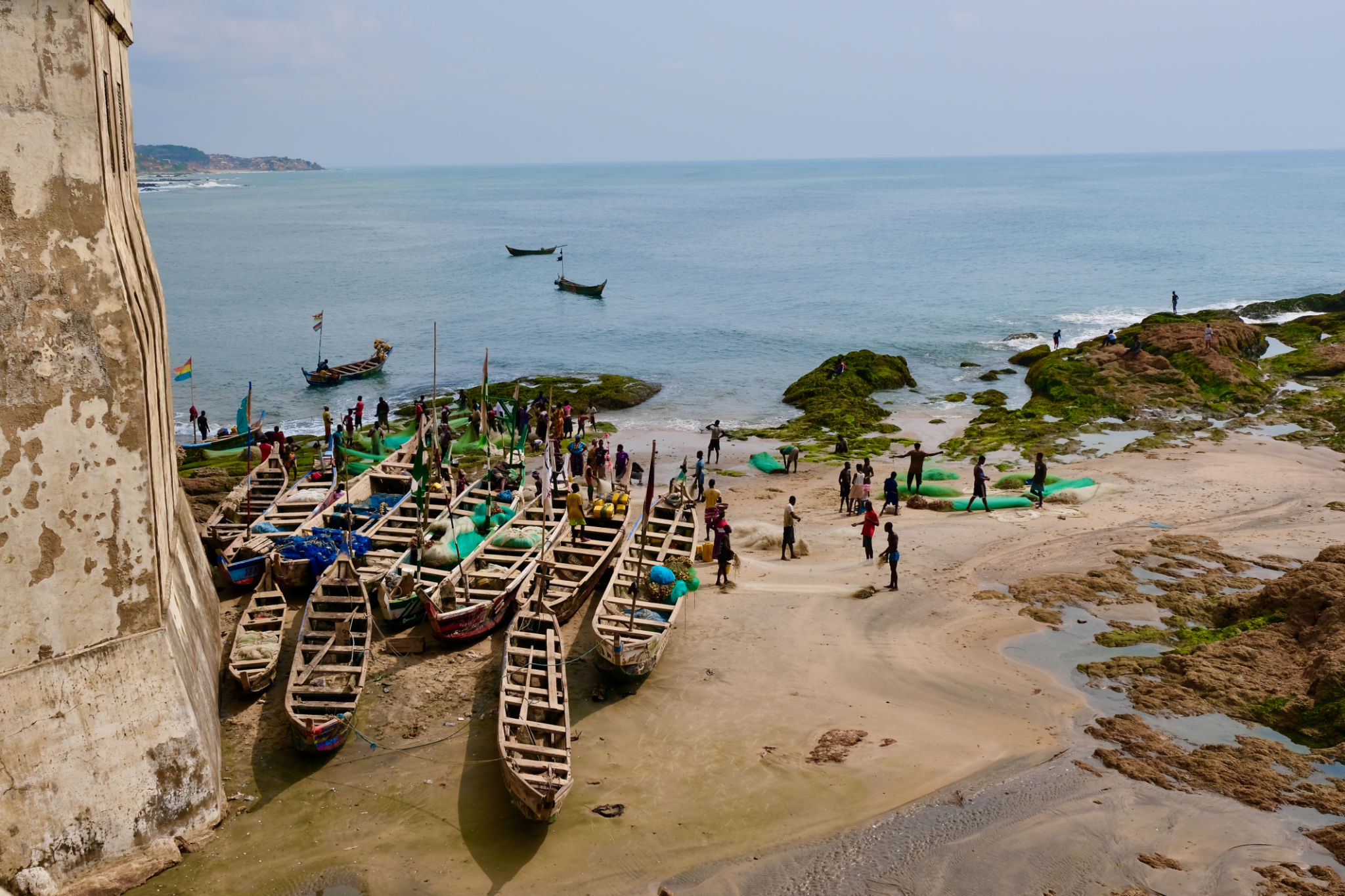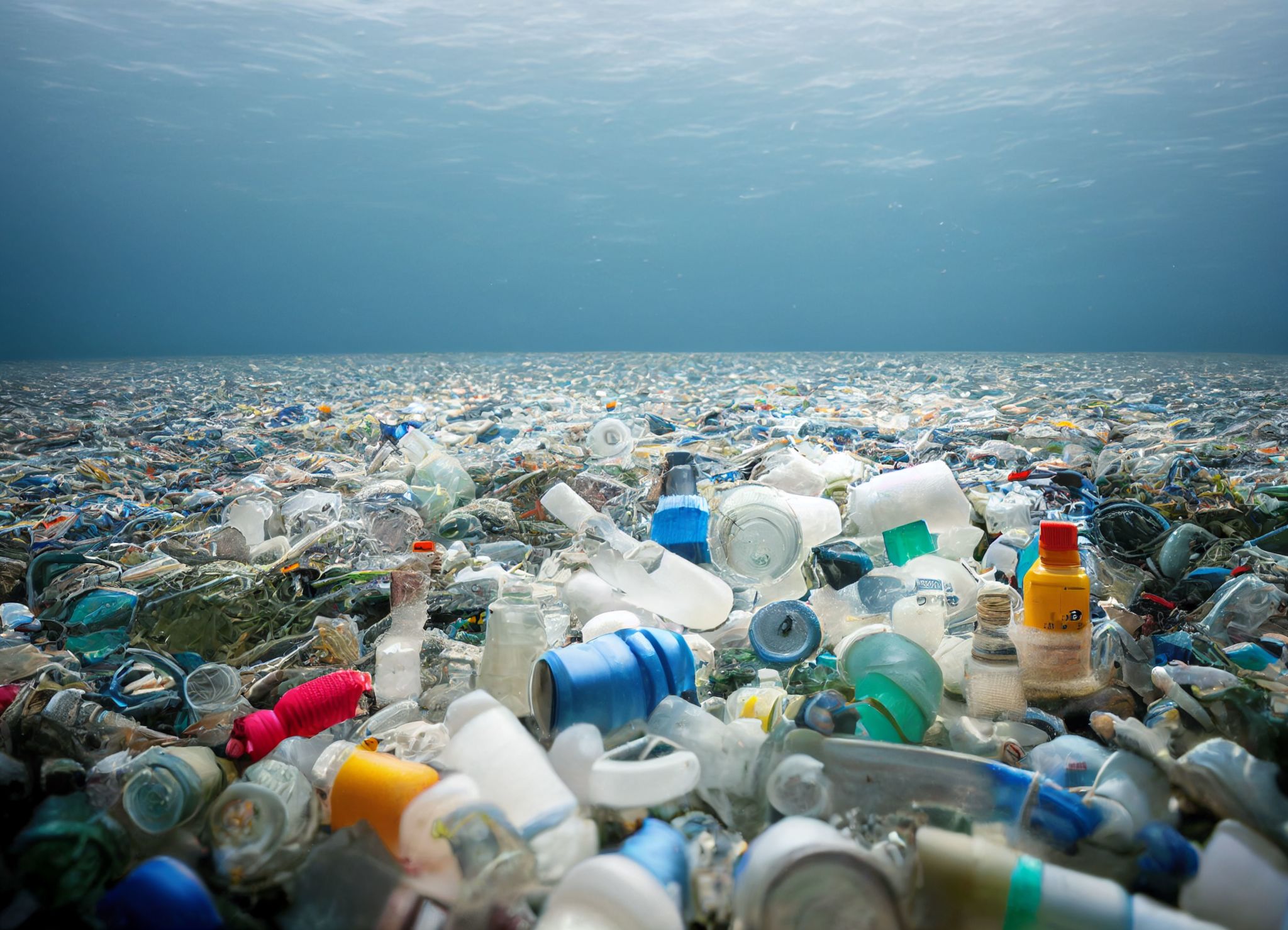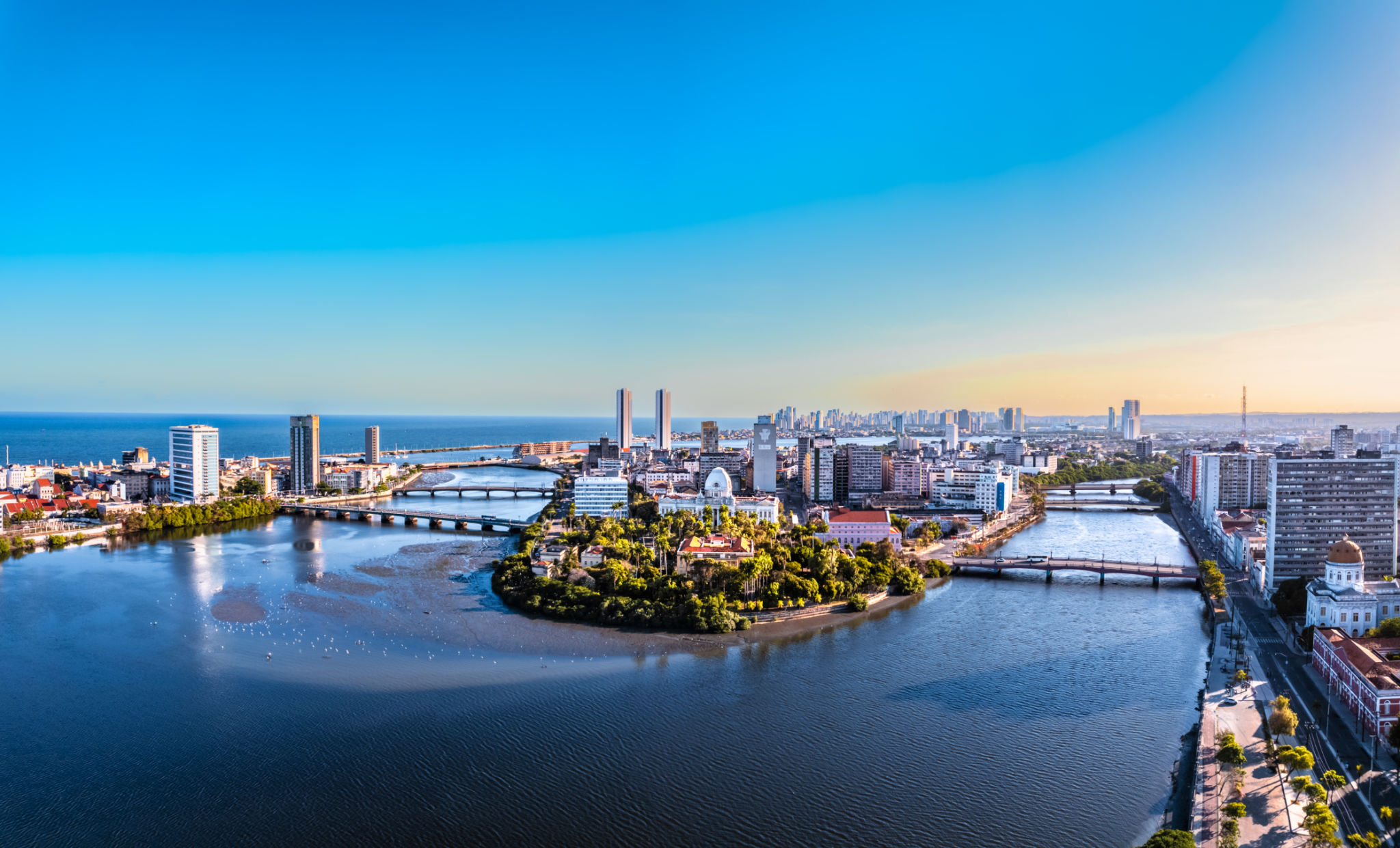Expert Tips for Protecting Marine Life along Ghana's Coast
Understanding the Importance of Marine Life Conservation
The coast of Ghana is home to a diverse array of marine life, including several endangered species. Protecting this rich biodiversity is crucial not only for ecological balance but also for the livelihoods of millions of people who depend on the sea for food and employment. As such, it is essential to take deliberate steps to conserve marine life along Ghana's coast.

Implementing Sustainable Fishing Practices
One of the leading causes of marine degradation is overfishing. By adopting sustainable fishing practices, we can help preserve fish populations and maintain the health of marine ecosystems. This includes setting quotas on fish catches, using fishing gear that minimizes bycatch, and protecting breeding grounds.
Fishermen and local communities can be educated on the importance of sustainable fishing methods. Workshops and training sessions can be organized to teach alternative fishing techniques that do not harm the marine environment. Sustainable fishing ensures future generations can also benefit from these resources.
Reducing Marine Pollution
Pollution is another significant threat to marine life along Ghana's coast. Plastic waste, oil spills, and chemical runoff from agriculture and industry can devastate marine habitats. It is vital to implement policies that reduce pollution and promote cleaner alternatives.

Communities can participate in beach clean-up campaigns to mitigate the effects of pollution. Additionally, encouraging the use of biodegradable materials and recycling can significantly reduce plastic waste entering the ocean. Every small action counts towards a cleaner and healthier marine environment.
Protecting Marine Habitats
Marine habitats such as coral reefs, mangroves, and seagrass beds are essential for the survival of many marine species. These habitats provide food, shelter, and breeding grounds for various organisms. Protecting these areas is crucial for maintaining biodiversity.
Establishing marine protected areas (MPAs) is an effective way to conserve critical habitats. MPAs restrict human activities in designated zones, allowing ecosystems to recover and thrive. Local governments can work with environmental organizations to identify and protect these vital areas.

Community Involvement and Education
Community involvement is key to successful marine conservation efforts. By educating local populations about the importance of marine life and the threats it faces, we can foster a culture of stewardship. Schools can integrate environmental education into their curricula to raise awareness among young people.
Community-led initiatives, such as creating local conservation groups, can empower residents to take active roles in protecting their coastal environments. When communities are involved, conservation efforts are more likely to succeed.
Collaborating with Government and NGOs
The collaboration between governments, non-governmental organizations (NGOs), and local communities is crucial for effective marine conservation. By working together, these stakeholders can develop comprehensive strategies that address the root causes of marine degradation.
Governments can enact regulations that protect marine life while NGOs offer resources and expertise to implement conservation projects. Joint efforts ensure a coordinated approach that maximizes impact and sustainability.
Embracing Technological Solutions
Technological advancements offer new opportunities for protecting marine life. Satellite monitoring, drones, and underwater robots can help track illegal activities and monitor the health of marine ecosystems. These technologies provide valuable data that can inform conservation strategies.

Adopting innovative solutions such as artificial reefs or fish aggregation devices can enhance marine habitats and support wildlife populations. Embracing technology allows us to tackle conservation challenges more effectively and efficiently.
By implementing these expert tips, Ghana can take significant strides in protecting its precious marine life. Collective action from individuals, communities, and organizations makes a world of difference in preserving our oceans for future generations.